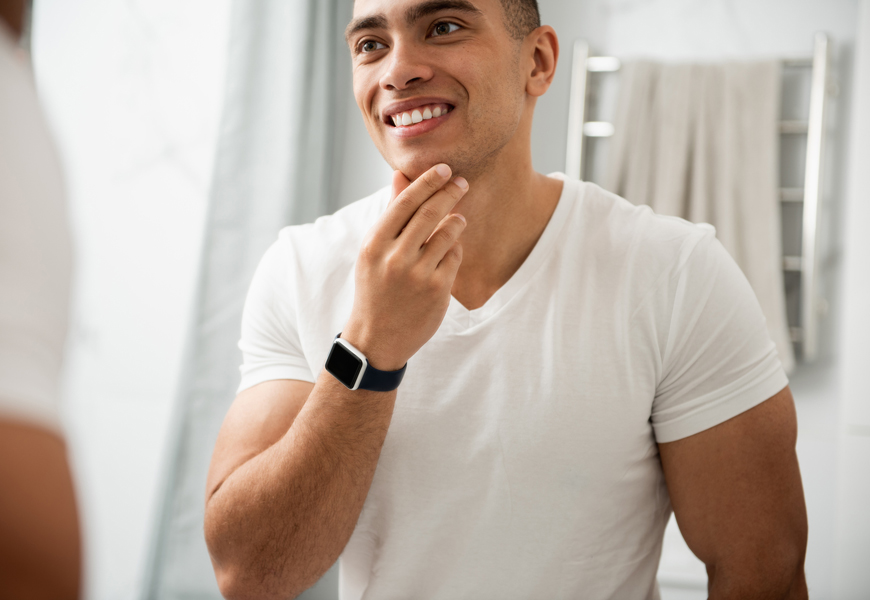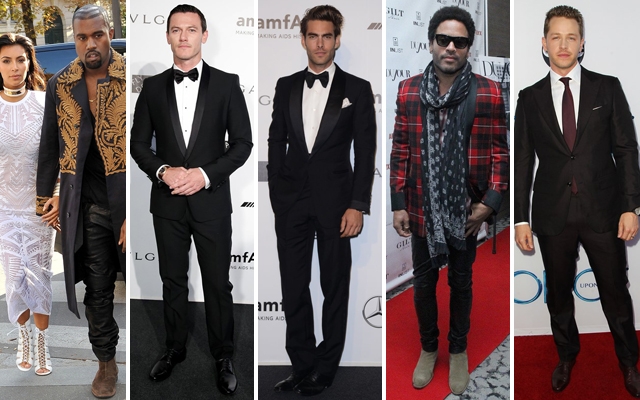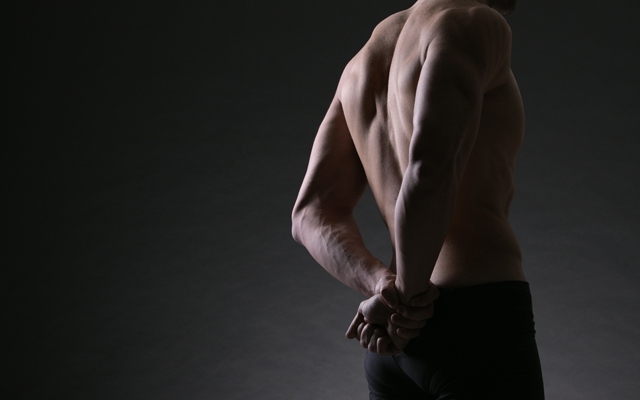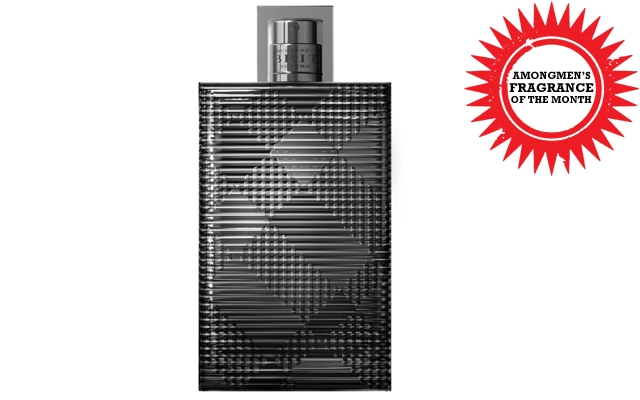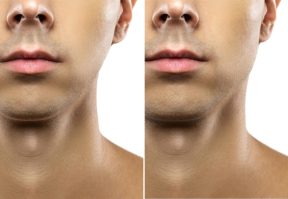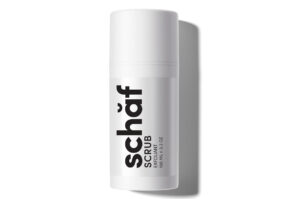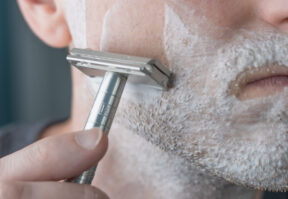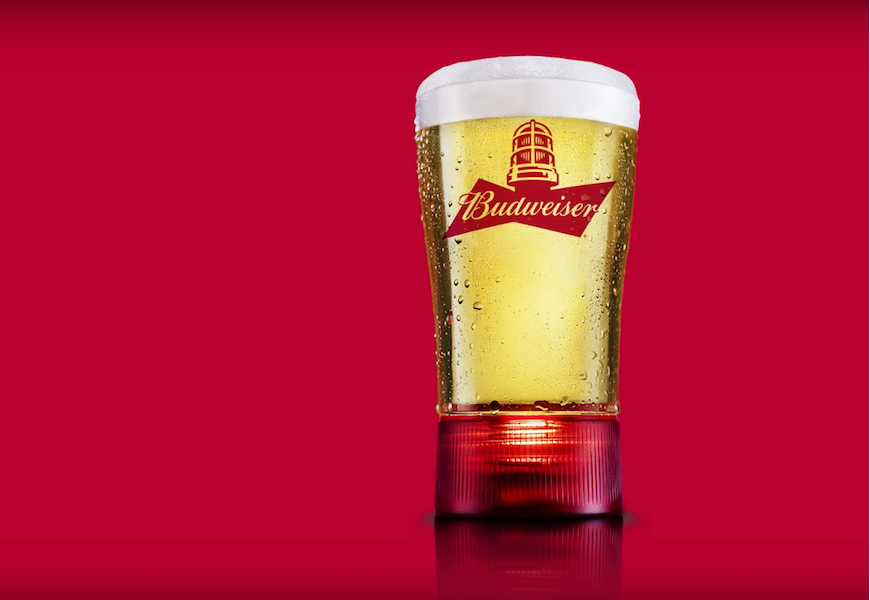Ever feel like you’re actually not smarter than a fifth grader when you’re shopping the drugstore aisles? We agree, it can be tricky, especially when you’re trying to decipher what all of the grooming terminology means and if they’re warranted. No worries, you’re not alone. So while we won’t bore you with the basics, we have consulted with Dr. Manish Shah, a plastic surgeon in Denver, Colorado for his expert insight on some of the most frequently used catch phrases and what they really mean.
All Skin Types
Kind of like one size fits all, isn’t it. And yet, does it really? “This is a difficult promise to deliver on,” affirms Shah. “Not all skin is the same. If someone has an allergy to an ingredient or some form of dermatitis they really should speak to their doctor about what products are best to include in their regiment instead of blindly trusting a label.”
Anti-Aging
How many times have you seen those words or something equivalent like age defying, scrawled across a products packaging. All. The. Time. “These terms are somewhat misleading in that they give the perception of an unrealistic turning back of the clock,” says Dr. Shah. “Aging gracefully and maintaining a more youthful look has a lot to do with nutrition, exercise, genes, consistent skin care, stress levels and cosmetic procedures when necessary. No one product will reverse the clock.”
Botanical
Ah, if only it meant straight from the garden, except that it doesn’t. In fact terms, like botanical and organic are super hard to quantify and in Canada, do not have a regulating board for approval. “An actual botanic is technically an ingredient that is derived from a plant,” explains Dr. Shah. “But, ‘botanical’ may be used in advertising to refer to something that is synthetic but acts similar to a plant-based ingredient.”
Clinical strength
Doesn’t this conjure images of lab coat-wearing physicians sitting around a table determining how strong or weak a deodorant, foot odour spray, facial serum may be.“Companies love to bill their products as having ‘clinical strength,’” says Dr. Shah, adding that consumers should practice healthy scepticism with this claim. “A product that claims it has clinical strength, in many cases, could have been tested by the doctors developing it. Plus, we have no context as to what the company considers clinical strength.”
Maximum strength
This is a favourite term that’s often used to describe skin care products. “It’s a relative term and the consumer doesn’t really know what it is relevant to,” says Dr. Shah. “It is language that entices the shopper to make the purchase without really telling them how it accomplishes ‘maximum strength’ results.”
Patented Technology
Anything and everything from a website name to a catch phrase like, Paris Hilton’s reportedly “that’s hot,” trademark. In the grooming industry, scientists, doctors, beauty and grooming brands will patent new innovations and formulations. That said, “patents are not necessarily a foolproof sign that something is ground breaking or effective,” explains Dr. Shah, adding that patents are can be authorized through a technicality like a new combination of ingredients, new methods or a new production process, instead of a breakthrough product.

